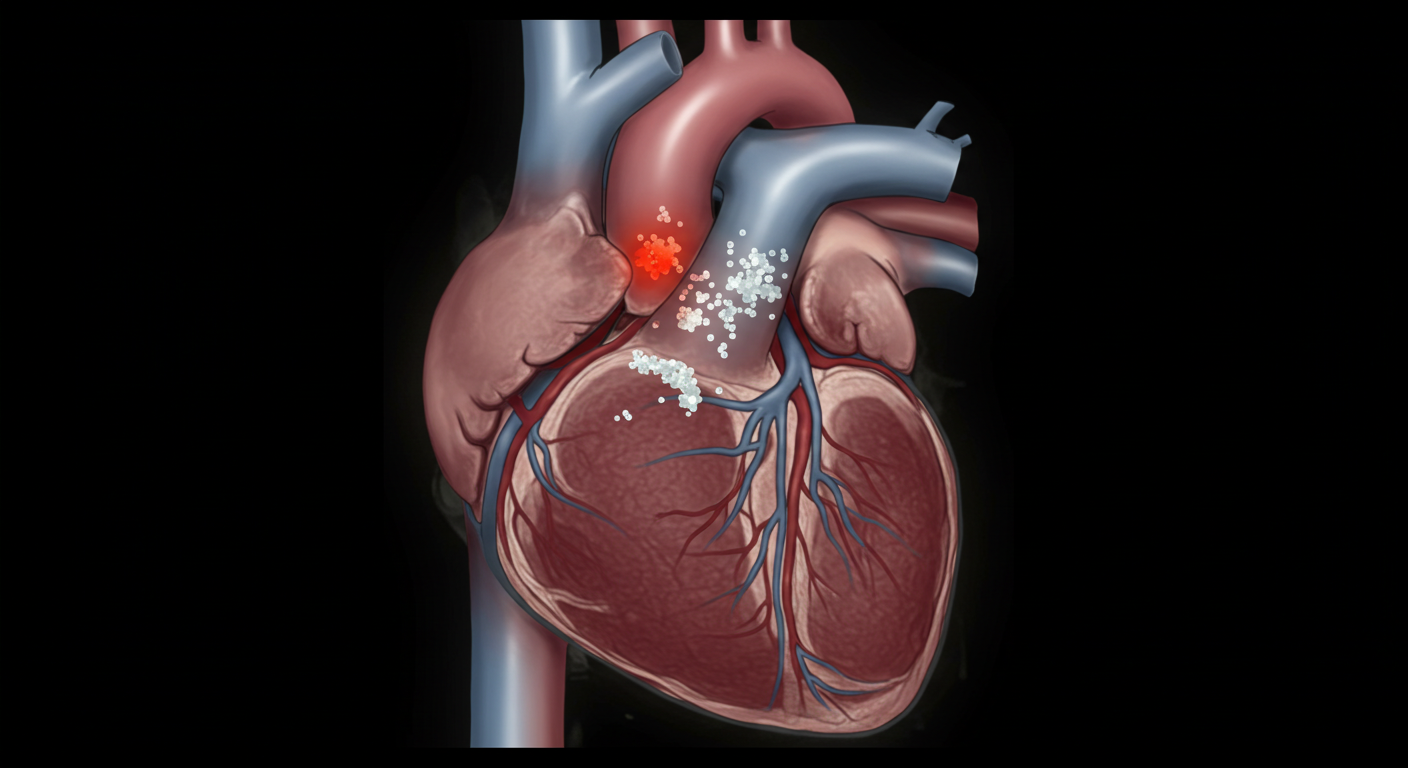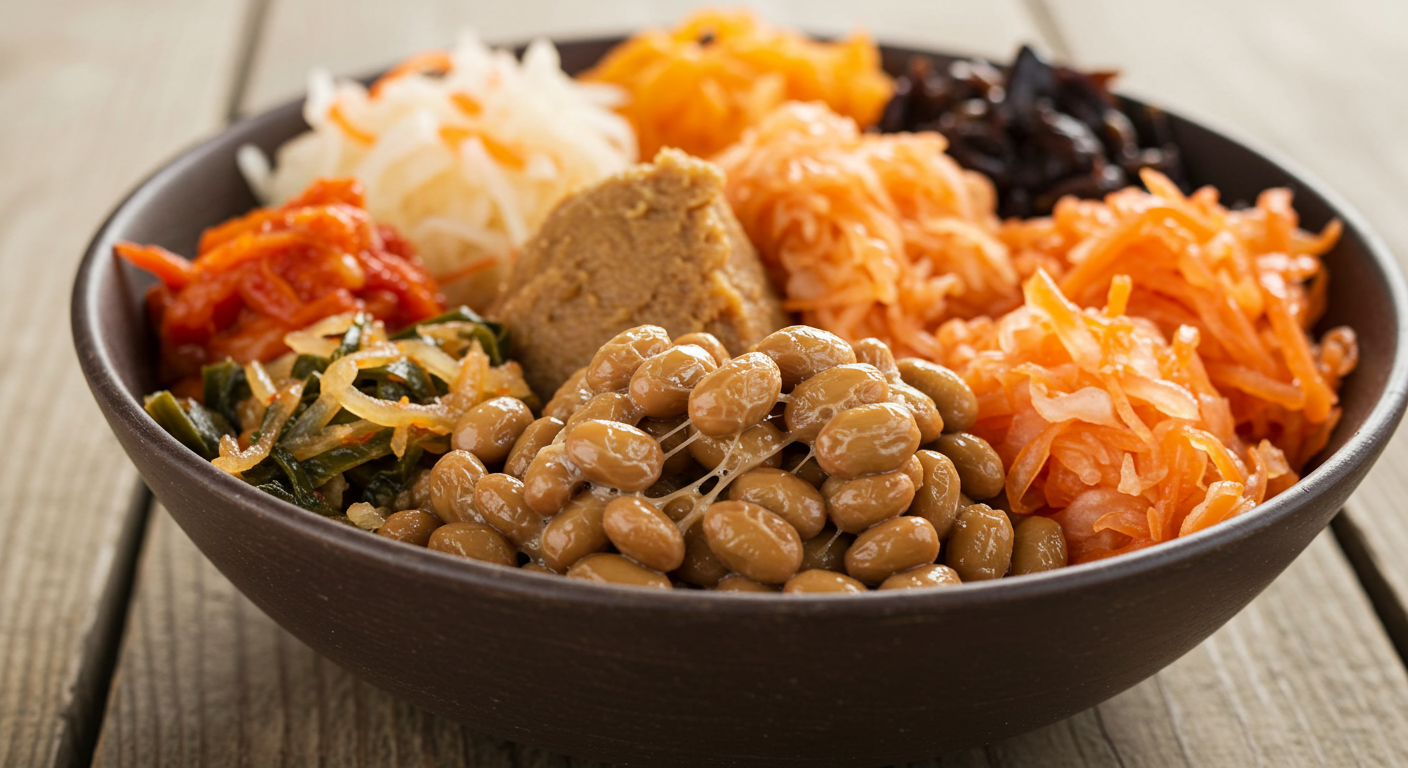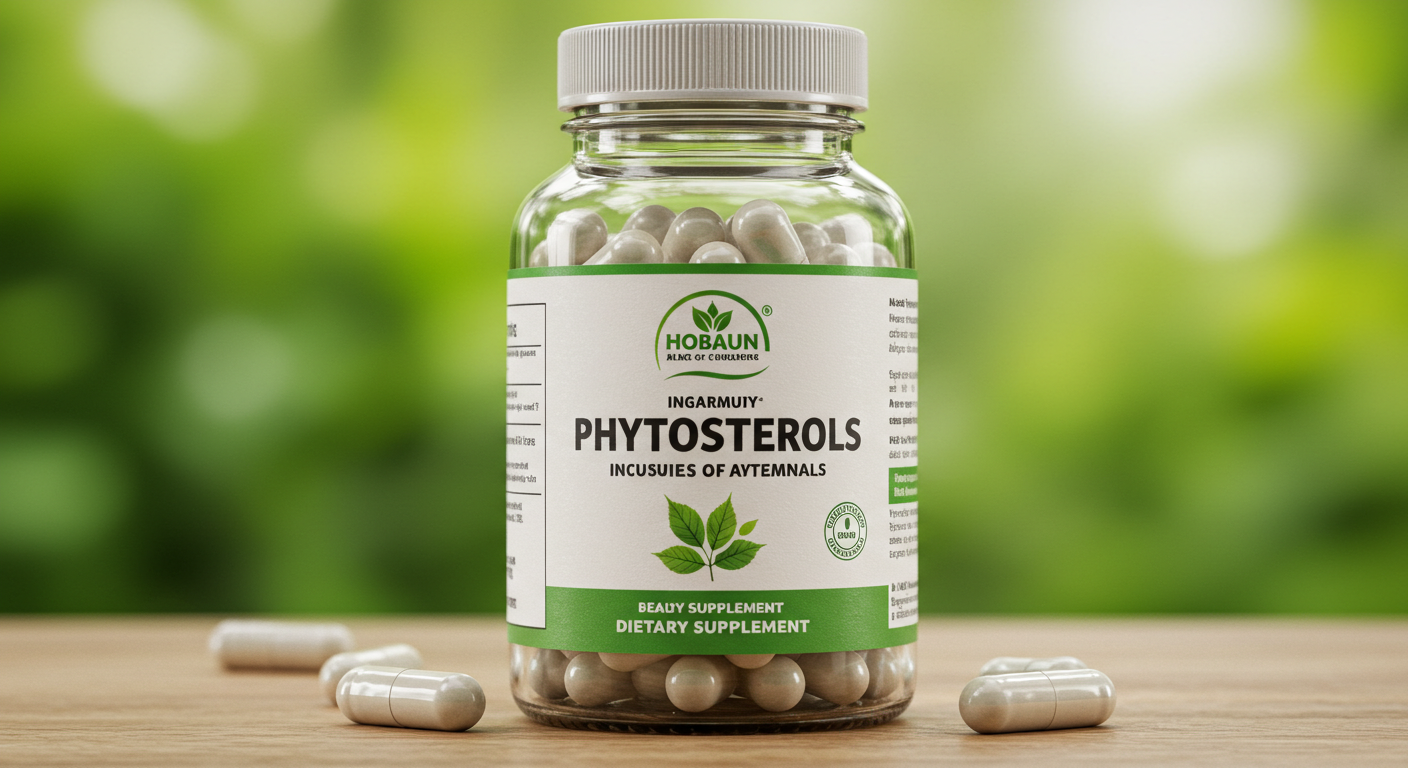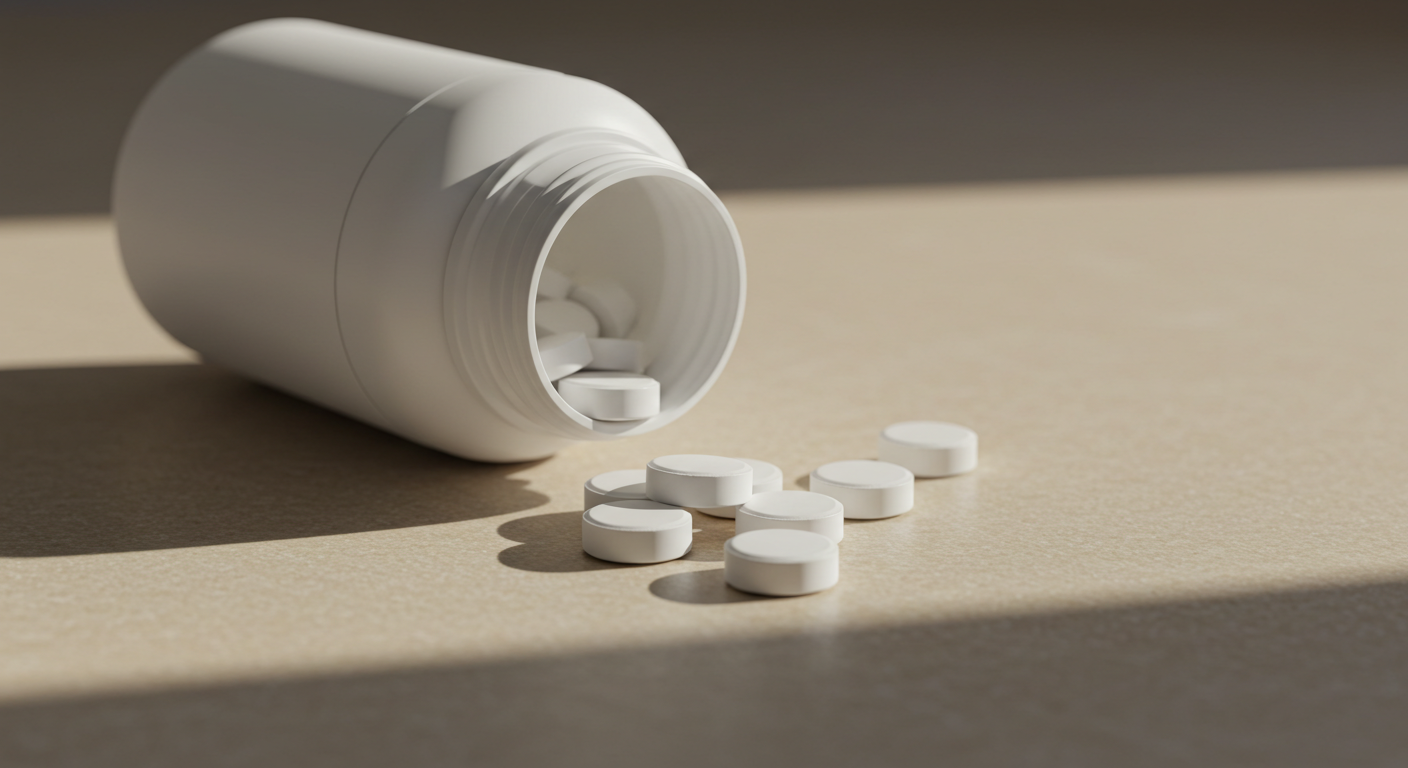Vitamin K2: A Silent Guardian of Heart Health?
Dr. Kumar’s Take:
Vitamin K2 doesn’t get much attention, but it plays a crucial role in protecting your heart and blood vessels. It activates proteins that stop calcium from building up in places it doesn’t belong—like your arteries and heart valves. This review highlights how low vitamin K2 levels are linked to stiffer arteries, more calcified heart valves, and a higher risk of heart failure and death. If you’re over 40, have kidney disease, or take a statin, you may especially benefit from paying attention to your vitamin K2 intake.












